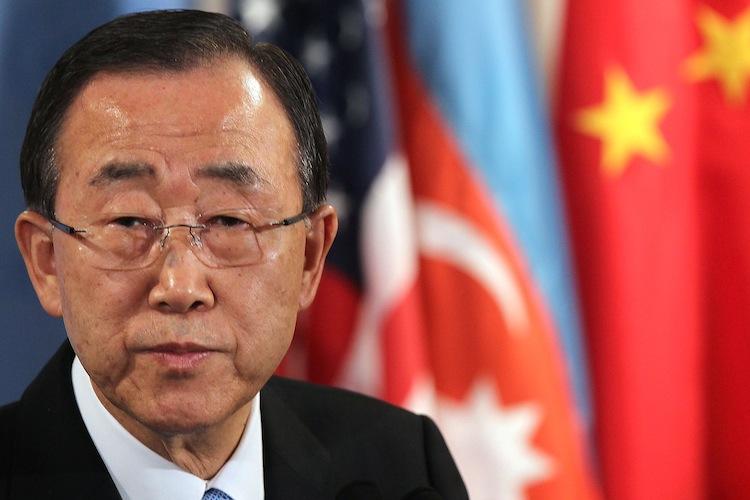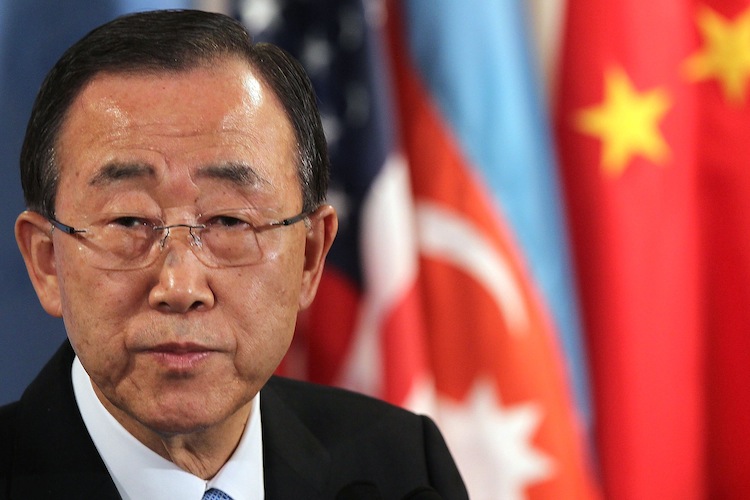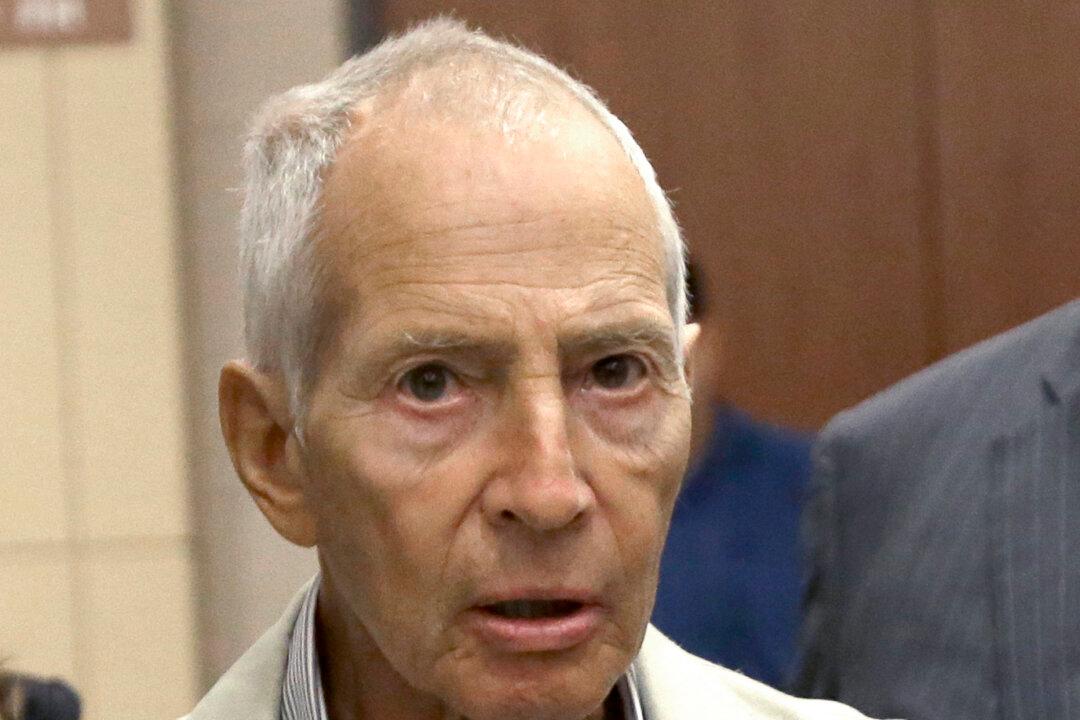Syrian President Bashar al-Assad denied his government was behind the massacre in Houla more than a week ago where more than 100 people died, many of whom were children.
The incident at Houla and similar events in the cities of al-Kazzaz, Deir Ezzor, and Aleppo are “heinous, brutal massacres,” al-Assad said on Sunday via state television.
“In fact, even ... monsters can’t perpetrate what we have seen, particularly [in al-Houla],” he said, adding “And I think that the Arabic language is not able to describe what we have seen.”
Syrian regime forces were not behind the massacre, he said.
The president again blamed “terrorists” backed by foreign powers for trying to undermine the sovereignty of Syria and sowing discord and dissent, as well as promoting “killing, sabotage, [and] underdevelopment.”
“When we say that we are facing terrorism, this means that it is a real war waged from abroad, not an internal political issue,” al-Assad added.
Al-Assad’s speech is unlikely to convince Western powers and the United Nations his regime had no role in the massacre; the U.N. said it has found evidence pro-regime death squads known as shabiha, or “ghosts,” were behind the Houla massacre. There was also evidence that Syrian forces shelled the town leading up to the incident on May 25.
Some analysts and even U.N. Secretary-General Ban Ki-moon in recent days commented that after the massacre, Syria faces greater likelihood of descending further into civil war between regime and opposition forces.





